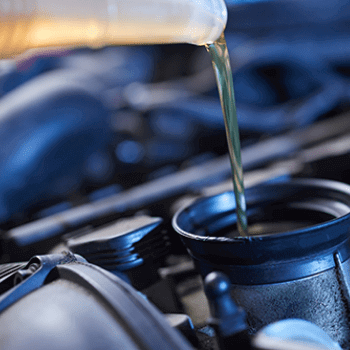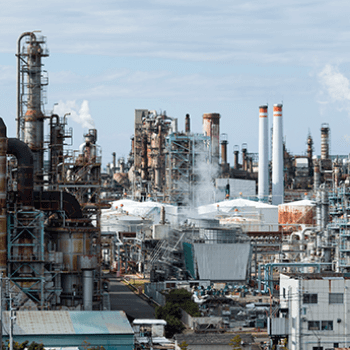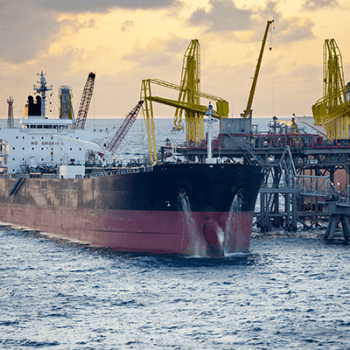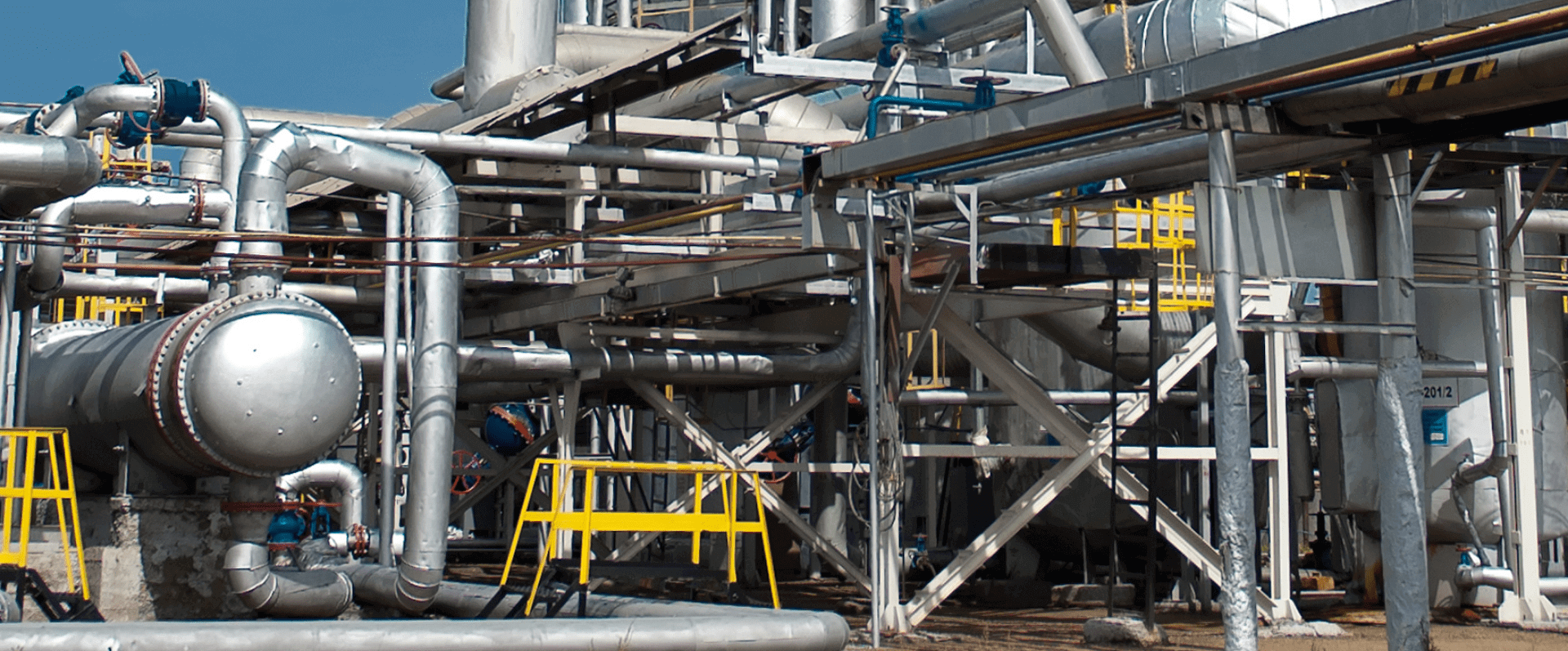Buying waste oil
Nord Holding is engaged in buying out waste oil, according to the regulatory provisions of the Regulation on waste oils and waste petroleum products.
Our activity is related to the separate collection, transportation, temporary storage and subsequent delivery for recycling, utilization or disposal of used oils.
We are a trusted partner of various groups of enterprises that, as a result of their production and/or activity in the provision of car repair and/or other types of services, realize waste products such as various types of waste oils.
What types of waste oils does Nord Holding buy out?
Our activity focuses on buying out waste oil and subsequent management of the same for the following types of oil:

Purchase of waste motor oil
motor oils from engines and transmissions of cars, buses, trucks, building and agricultural machinery;

Buying out hydraulic oils
from the field of industry, trucks, from construction and agricultural machinery;

Buying out industrial and insulating oils
waste oils from various industries;

Buying out marine oils
waste resolved during the maintenance of marine vessels.
Nord Holding Waste Oils Specification
| CODE | TYPE | DESCRIPTION |
|---|---|---|
| 13 02 05* | Mineral-based non-chlorinated engine, lubricating, and gear oils | Packaging: Metal barrels 180 kg/ 200 l |
| Water: Up to 1% of the weight of the barrel | ||
| Should be free of the following: | ||
| Polychlorinated biphenyls (PCBs), chlorine, mechanical contaminants, antifreeze, brake fluid, sediments, fuels, fuel oil, solvents, and other harmful substances. | ||
| 13 02 06* | Synthetic engine and lubricating oils and gear oils | Packaging: Metal barrels 180 kg/ 200 l |
| Water: Up to 1% of the weight of the barrel | ||
| Should be free of the following: | ||
| Polychlorinated biphenyls (PCBs), chlorine, mechanical contaminants, antifreeze, brake fluid, sediments, fuels, fuel oil, solvents, and other harmful substances. | ||
| 13 02 08* | Other engine, lubricating, and gear oils | Packaging: Metal barrels 180 kg/ 200 l |
| Water: Up to 1% of the weight of the barrel | ||
| Should be free of the following: | ||
| Polychlorinated biphenyls (PCBs), chlorine, mechanical contaminants, antifreeze, brake fluid, sediments, fuels, fuel oil, solvents, and other harmful substances. | ||
| 13 01 10* | Mineral-based non-chlorinated hydraulic oils | Packaging: Metal barrels 180 kg/ 200 l |
| Water: Up to 1% of the weight of the barrel | ||
| Should be free of the following: | ||
| Polychlorinated biphenyls (PCBs), chlorine, mechanical contaminants, antifreeze, brake fluid, sediments, fuels, fuel oil, solvents, and other harmful substances. |
Where do we have sites for buying out waste oils?
Nord Holding has specialized sites equipped with the required facilities, instruments, etc., in which to store, and subsequently to transport and deliver waste oils for recycling.
Why should you trust Nord Holding?
In Nord Holding you will find a trusted partner who guarantees you:
Fairness and transparency in pricing for the purchase of buying out used oils waste;
Compliance with all legal regulations and environmentally friendly treatment of used oil waste;
Acceptance of your waste oils at our sites by expert staff and waste treatment by authorized persons;
Facilities and equipment, designed and built in accordance with the regulatory requirements for temporary storage and transportation of waste oils.
By choosing Nord Holding and committing to deliver your used oil waste for storage and recycling, you are taking a step towards a cleaner and greener future!
Frequently Asked Questions
Recycling process
The waste oil recycling process includes the following operations:
During vacuum distillation, oils are divided into separate fractions of base oils which can be
used to produce fresh motor, hydraulic and other oils, as well as tar
used in the production of asphalt, bitumen, etc.
There are other recycling methods, such as purification and centrifugation, but they are not as effective and the resulting products have more specific applications.
Benefits


